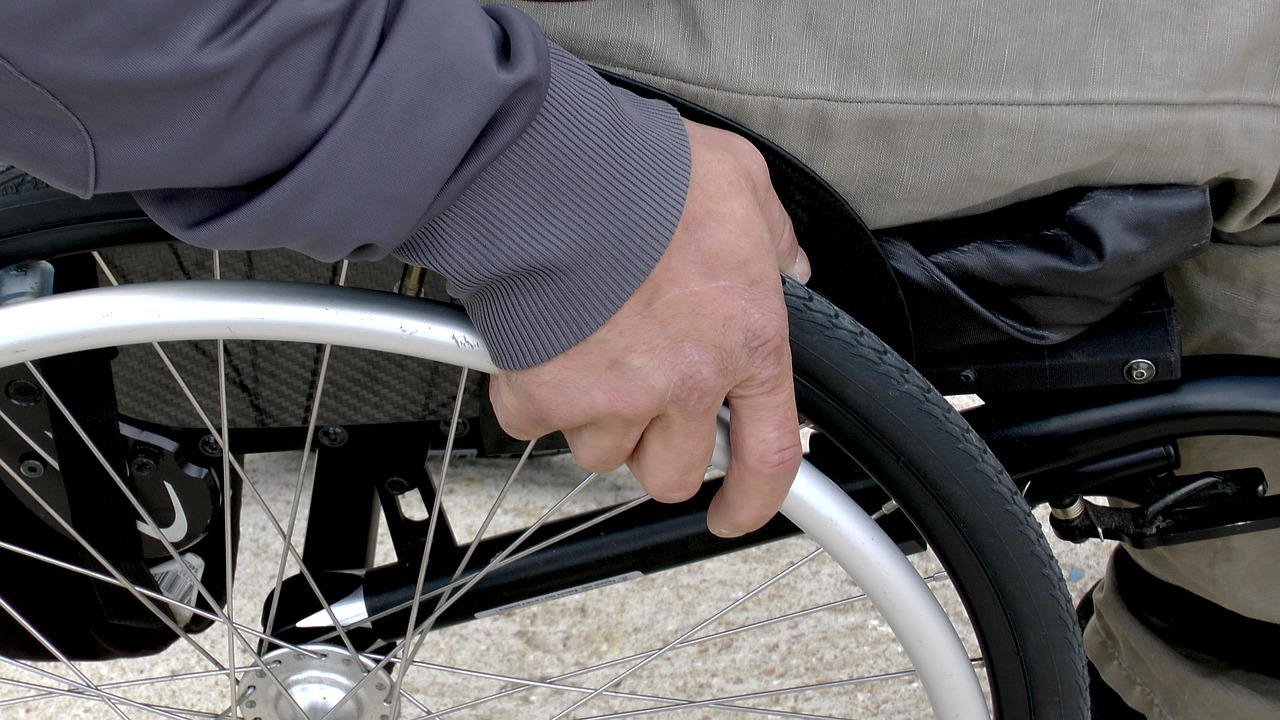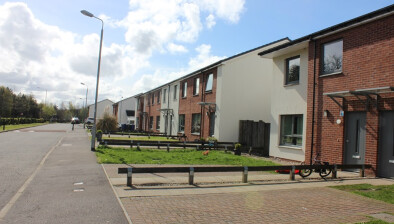Report highlights accessible housing needs for people with MND
Charity MND Scotland has launched a new housing report, which highlights Scotland’s failing housing system for people living with motor neurone disease (MND), and is calling for immediate Scottish and local government action.

The charity says too many people with MND spend the precious time they have left fighting for a safe and accessible home, and for some, this never comes in time.
With the average life expectancy from diagnosis just 18 months, people living with the disease can quickly lose their ability to walk, talk, eat and breathe unaided.
Loss of mobility means people with MND need changes to their homes, often through adaptations, like ramps and wet rooms. If adaptations cannot be made, another accessible home must be found to allow them to live safely and with dignity.
The report highlights that the current processes for home adaptations, and allocating accessible housing, in Scotland are not working for people with this rapidly progressive terminal illness. The number of accessible homes is insufficient to meet needs, and housing allocations and adaptations systems do not move fast enough. This means people with MND are forced to spend the time they have left fighting for the right support. For some, the right support never comes in time.
The report, which uses evidence from people affected by MND, and local authorities, calls for action at both local and national government level to ensure processes can keep pace with MND, and that those with the illness are prioritised as a matter of urgency.
Susan Webster, MND Scotland’s head of policy and campaigns, said: “Speed with MND is key. Some waiting lists for essential adaptations and alternative accessible homes are longer than the average life expectancy of the illness. One local authority reported an average waiting time of four years for an accessible home, and another reported an average of 15 months, from being added to the waiting list, to having a ramp fitted. The average life expectancy of someone with MND is just 18 months, from diagnosis.
“This means people with MND are left trapped in their homes, sometimes even in a single room. They have to fight for the support they need, instead of spending the precious time they have left doing the things they love, with the people they love. Tragically, some die before getting the support they need.
“Everyone deserves to live in their own home safely and with dignity, and the current systems and processes are failing people with MND.”
MND Scotland is urging local and national government to act now. Our report sets out recommendations for Scottish Government and local authorities based on research with people affected by MND.
The charity’s recommendations include:
- Fast-tracking applications for adaptations and accessible housing for people with MND
- Anticipatory care planning for adaptations
- Increased investment and resources for adaptations
- Ensuring information on adaptations support is clear and publicly available
- Establishing a national definition of accessible housing
- Ensuring a minimum of 10% of new build homes are built to a wheelchair accessible standard
- Directly matching people with MND with potentially suitable properties.







